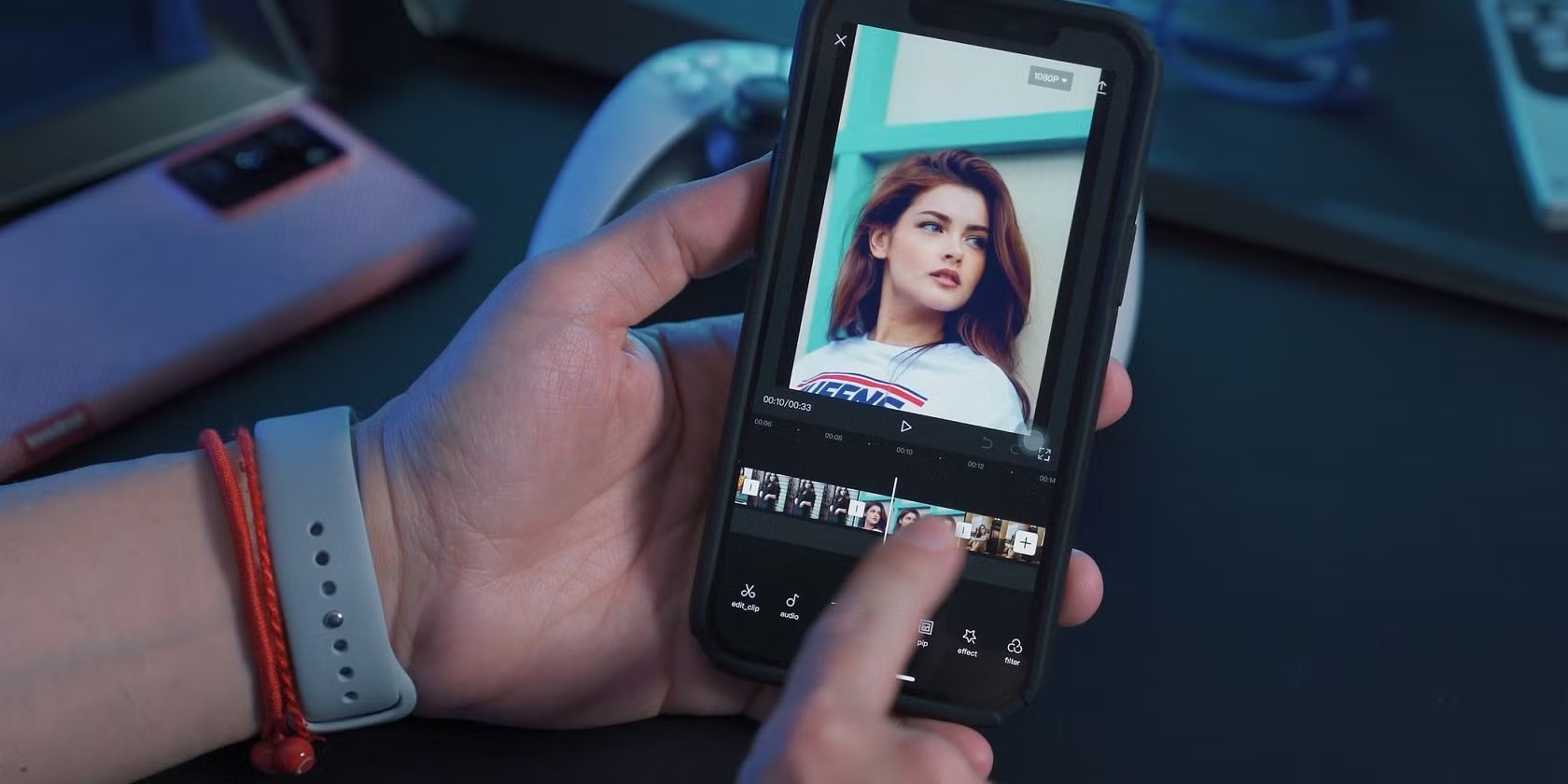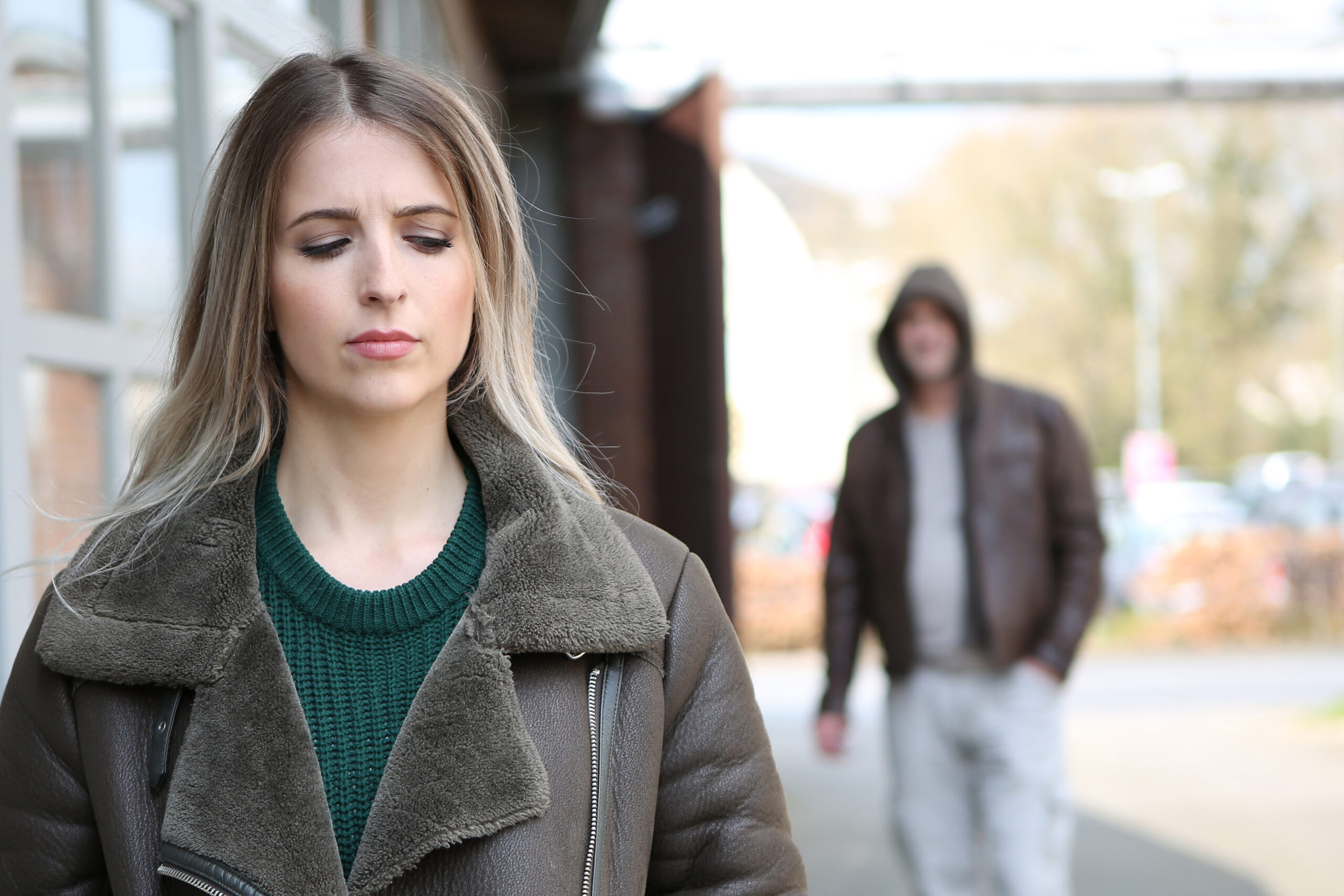So how many photos are photoshopped on Instagram? Ah, Instagram: the land of “I woke up like this” selfies and vacation photos where every sunset looks like a scene from The Lion King. But behind those picture-perfect posts, there’s a little secret most of us know, even if we don’t talk about it: A whole lot of those photos are, shall we say, “adjusted”—often with Photoshop, filters, and editing apps that make us all look like airbrushed versions of ourselves. So, how many photos on Instagram are actually photoshopped? Oh, just around 50-70%, depending on who you ask. But hey, who’s counting?
Let’s dive into the beauty of these perfectly manicured, digitally enhanced versions of reality and explore why this is absolutely fantastic for women’s empowerment. (Spoiler: It’s not.)
Photoshop Stats: The “Secret Sauce” of Instagram
Let’s start with the cold, hard data. According to a 2021 study by the British Association of Dermatologists, about 80% of women use some form of editing tool before posting their photos online. That’s right—almost 4 out of 5 women are giving their photos a little digital facelift, even if it’s just a quick swipe of the skin-smoothing filter.
On Instagram, a platform notorious for its carefully curated, glossy images, 50-70% of influencer photos are photoshopped or edited in some way. That’s not even including the “gentle” filters we all know and love. These edits can range from the innocuous “Oh, I just got rid of that annoying pimple” to the full-on “Let’s shrink my waist, widen my eyes, and make my skin glow like I’ve been in a lab for 12 years.” Which, you know, is basically the same thing, right?
A 2023 report from the Journal of Social and Personal Relationships found that 74% of social media users feel pressured to look perfect online, and most women (especially younger ones) compare themselves to the edited, flawless images they see. And by the way, these statistics don’t even take into account all the brands out there applying Photoshop to their ads, campaigns, and product photos to make us feel like we need to buy the “perfect” version of ourselves.
The Delusional Standards of Perfection
Now, let’s talk about the real fun part: the delusion that these photos create. The more we scroll through feeds filled with glossy, airbrushed images, the more we begin to think that this edited version of reality is, well… normal. So what if half the photos on Instagram are photoshopped? The real question is: Should we care?
Spoiler alert: Yes. Yes, we should.
Here’s why: The problem isn’t that people are editing their photos—it’s that these photos often get presented as a “standard” of beauty. A study by Dove found that 7 in 10 women don’t feel that the images they see on social media represent real women. Let that sink in. Seven out of ten. That means the majority of women are looking at Instagram and thinking, “Well, that’s not me, and I’ll never look like that.”
This illusion of perfection, constantly projected by influencers, celebrities, and, yes, even your best friend with the perfectskin and highlight reel life, is setting up impossible standards. If everyone is “polishing” their photos to within an inch of their lives, what happens to the rest of us? We end up feeling like we need to join the photo-editing party or risk being “less than” in comparison.
So, How Does This Tie into Women’s Empowerment?
Glad you asked. Here’s where it gets even better: Photoshop and the unrealistic standards it perpetuates actually undermine women’s empowerment. You see, empowerment is about authenticity and embracing yourself as you are—flaws, quirks, and all. But if everyone’s digitally enhancing themselves to the point of no return, how do we, as women, learn to accept our real selves?
The truth is, when women are constantly exposed to edited photos, it can lead to body dissatisfaction and lower self-esteem. The National Eating Disorders Association reports that 95% of women feel bad about their bodies after seeing manipulated images online. That’s right—more than nine out of ten women look at photoshopped images and feel worse about themselves. It’s like walking into a room full of perfectly polished mannequins and thinking, “Well, I guess I should go home and start over.”
But why stop there? Why not throw in a little mental health struggle for fun? Constant exposure to curated, edited photos can lead to feelings of isolation and anxiety, making women feel like they’re never quite good enough. And as we know, comparison is the thief of joy.
The Ironic Solution: Embrace Imperfection
Okay, so maybe you’re asking, “Well, what now? Should we just throw away our phones and cancel Instagram altogether?” Not necessarily. But maybe, just maybe, we can start questioning the curated perfection we’re constantly bombarded with and start celebrating the messier, unfiltered, real side of life.
Here’s the empowering truth: You are not your Instagram feed. In fact, most of us (including influencers, celebrities, and even professional photographers) are not even close to the version of ourselves we post online. And that’s perfectly fine. In fact, that’s what makes you, well, you.
So how can we fight back against this Instagram-induced perfection trap?
- Post Real, Not Perfect – Start sharing photos that show the real you, whether that’s a messy bun, imperfect skin, or a background that’s not perfectly staged. Authenticity is empowering.
- Support Brands That Promote Diversity – Follow companies, influencers, and brands that represent real women—of all shapes, sizes, and backgrounds—without relying on Photoshop to erase the “flaws.”
- Use Social Media for Good – Instead of comparing yourself to digitally altered images, use social media to celebratereal women and uplift each other. Support body positivity, mental health awareness, and diversity.
- Delete the Filters (Sometimes) – It’s okay to use a filter, but remember that you don’t need it to be beautiful. You were born beautiful, and no amount of Photoshop can change that.
The End of Perfection: A Call for Change
So, here’s the thing: 50-70% of Instagram photos are photoshopped, and that’s perfectly fine. Everyone deserves to experiment with their images if they want to. But let’s not pretend these edited images are “the norm” or the ideal. The truth is, they’re not real. And if we’re serious about women’s empowerment, it’s time to challenge these unrealistic beauty standards, embrace imperfection, and choose authenticity over perfection.
Because in the end, you don’t need Photoshop to be fabulous. You’re already perfect just as you are—no editing required.




